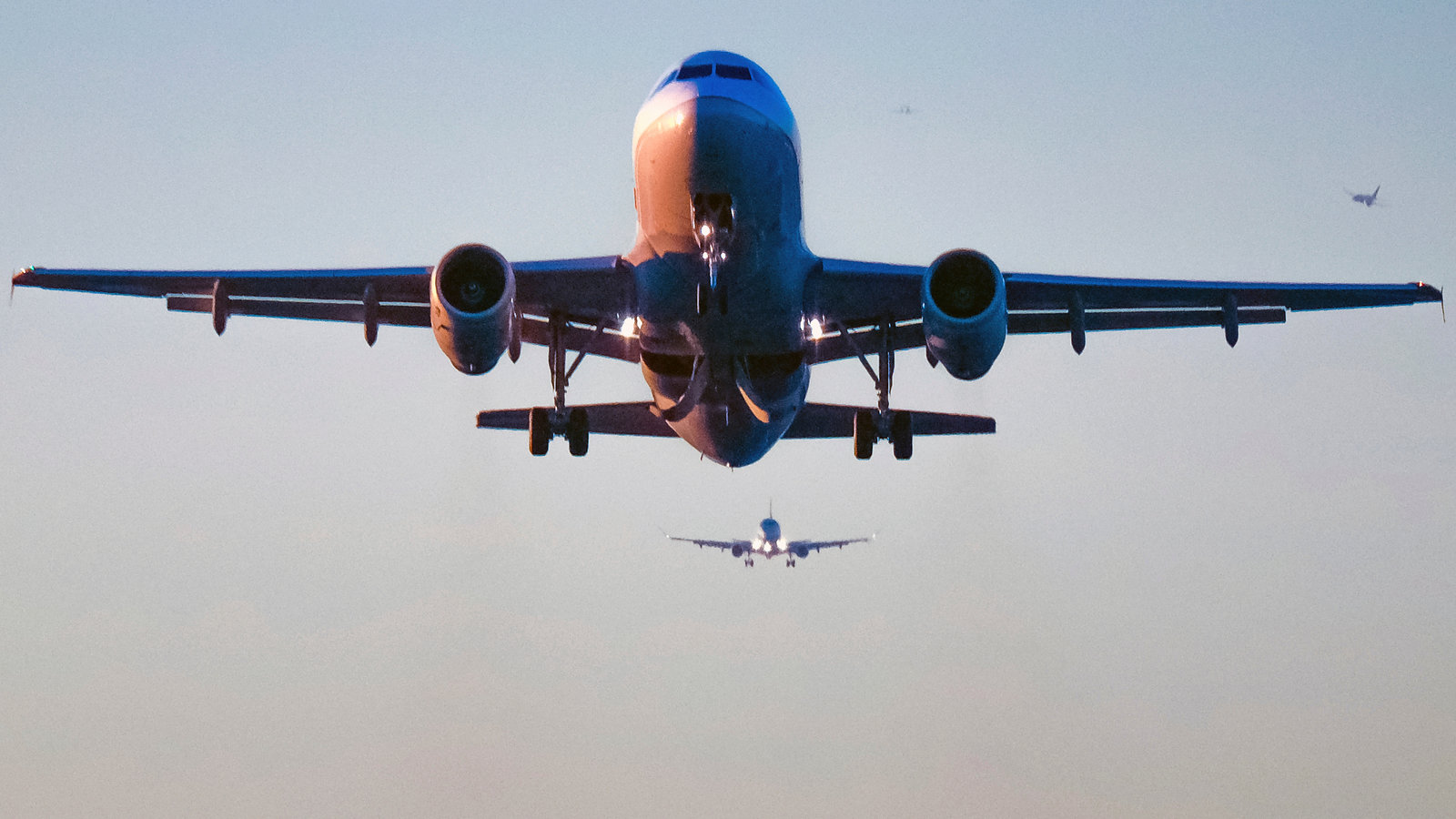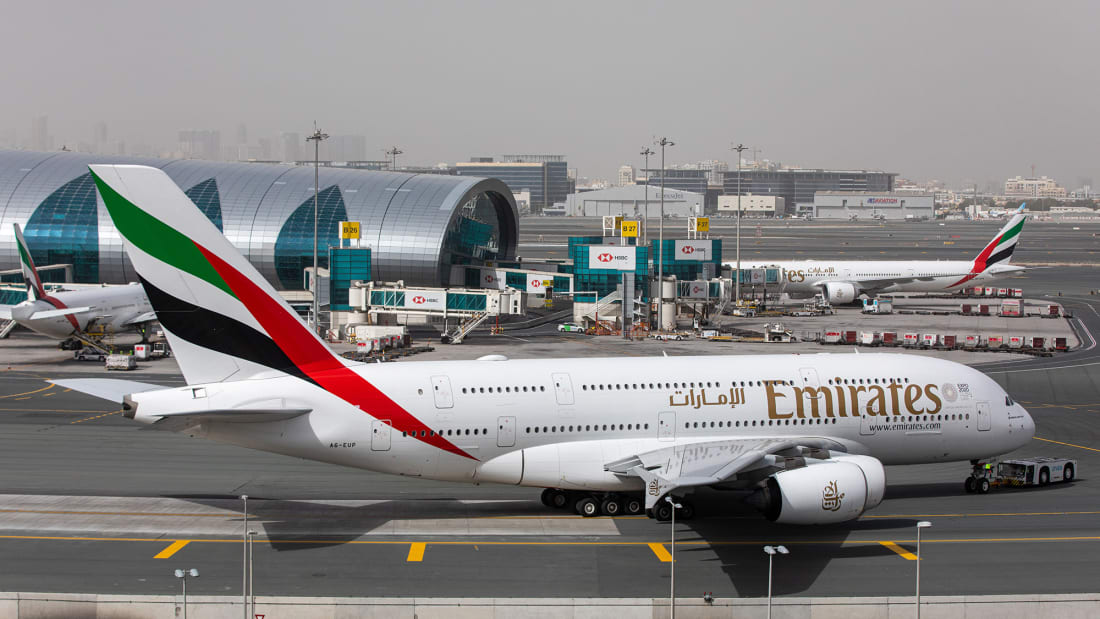On January 19, an Emirates flight from Tokyo Narita to Dubai International touched down with an extra passenger after a passenger gave birth.
Despite the medical concern, Flight EK 319 arrived at its destination on time, and the airline informed CNN. It was an overnight, 12-hour flight.
The mother and child were in good condition because the Emirates flight attendants receive medical response training and can handle situations like births or heart attacks.
The parent and child "were in stable health and, upon arrival in Dubai, were met by local medical experts," Emirates told CNN. Our team and customers' health and safety are of utmost significance.

Did you read this?
Births on aeroplanes are relatively rare. Emirates has a policy comparable to that of many other commercial airlines in that passengers may fly up until their seventh month of pregnancy unless they have any medical conditions or concerns.
A passenger at least 29 weeks pregnant must provide a medical certificate or a letter from the patient's doctor or midwife. Airlines do not permit passengers to fly after the 32nd week of subsequent pregnancies or the 36th week of a single pregnancy.
A lady gave birth to a healthy baby boy on a Frontier Airlines aircraft from Denver to Colorado last May with the assistance of a flight attendant. And in January 2022, a woman gave birth six hours into a flight from Accra, Ghana, to Washington Dulles International Airport. She delivered pain-free on the cabin floor, close to the emergency exits.
No parent plans for a medical emergency, but there might be some benefits. A baby boy received a lifetime of free flights on Buraq Air when his mother gave birth while travelling on the airline in 2016.









